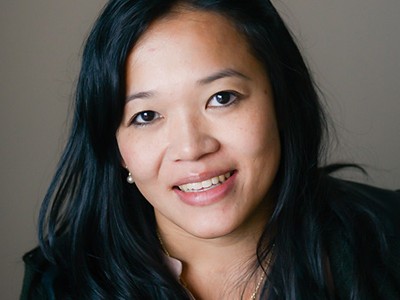June 29, 2009
After they both arrived in Chapel Hill in 2007, Nancy Allbritton, MD, PhD, asked fellow cancer researcher David Lawrence, PhD, to lunch to float the idea of a collaboration.
“How could I say no? She was paying,” jokes Lawrence, a Fred Eshelman Distinguished Professor at the UNC Eshelman School of Pharmacy.

That lunch created a research partnership dedicated to attacking breast and prostate cancer backed by a $5 million grant over five years from North Carolina’s University Cancer Research Fund.
Lawrence moved to UNC from the Albert Einstein College of Medicine in New York. Allbritton came from the University of California at Irvine. Soon after their arrival, they realized that their research interests overlapped.
Although they were aware of each other’s work, it was the first time they had ever met, Lawrence says.
“We have very similar interests but bring to the table different tools to attack the biological problems that interest us,” he says. “Nancy really knows how to manipulate and design analytical chemistry technology in a way that goes beyond the frontiers of science. I do the same thing but at the molecular level.”
At their lunch, Lawrence says, they talked about how great it would be to not only to tell whether a patient has cancer (or that it has returned) with a simple blood test but also to be able to tell that patient which combination of cancer drugs will work. Could we know in six hours rather than six months whether a particular drug regimen will be effective, they wondered? The pair went on to invent a tool to do just that for leukemia – the first target of their research.
Once they proved their concept, the duo debated where to next test their strategy: Allbritton suggested breast cancer; Lawrence wanted to go after prostate cancer. Their agreement to disagree resulted in two successful NIH grant proposals—with Lawrence taking the lead on the prostate cancer grant and Allbritton leading the breast cancer grant—totaling almost $5 million over the next five years.
“While breast and prostate cancer are very different in many ways, both are nearly impossible to treat after they have metastasized,” said Lawrence.
Lawrence and Allbritton both credit UCRF with providing the opportunity to turn that lunch conversation into a reality.
“The UCRF funding really jump-started the collaboration,” Allbritton says.
The two hope that the return on this investment will be much greater than the sum of their NIH grants. Their goal is to give clinicians another weapon in the early-detection arsenal and a tool to create personalized treatment for many different cancers.
UNC Lineberger physicians and scientists are teaming with them to realize this goal. Breast cancer experts, Channing Der, PhD, and Jen Jen Yeh, MD, and prostate cancer expert Young Whang, MD, PhD, are collaborating on the grants.
Latest News

RASP poster presentations capture student research

Delesha Carpenter promoted to full professor


